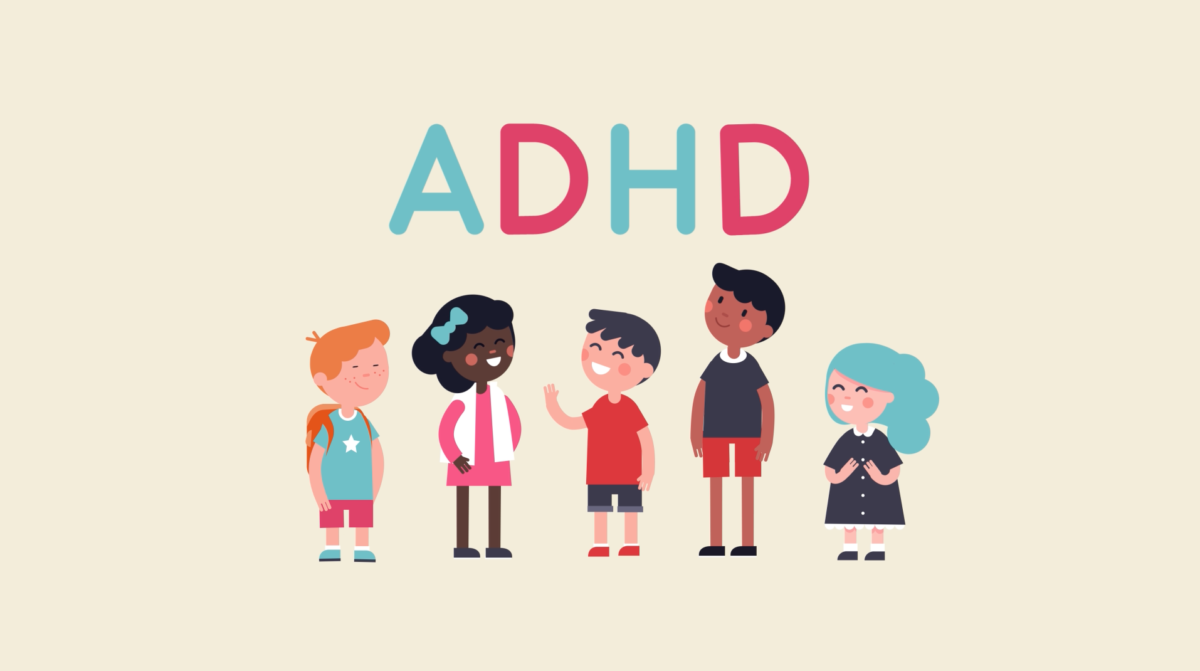Strategies for Achieving Success in the Context of ADHD

Introduction:
Attention Deficit Hyperactivity Disorder (ADHD) is a neurodevelopmental condition characterized by symptoms of inattention, hyperactivity, and impulsivity. While living with ADHD can present its challenges, it’s essential to recognize that individuals with ADHD have unique strengths and abilities that, when harnessed effectively, can lead to success and fulfillment. In this article, we’ll explore strategies for thriving with ADHD, empowering individuals to navigate life with confidence and resilience.
Understanding ADHD: Embracing Neurodiversity
ADHD is not a character flaw or a lack of willpower—it is a neurobiological condition that affects the brain’s executive functions, such as attention, planning, and impulse control. Embracing neurodiversity means recognizing and valuing the differences in how people’s brains are wired. Individuals with ADHD may have difficulty sustaining attention, staying organized, and managing time, but they also often possess creativity, energy, and a unique perspective on the world.
Knowledge is Power: Educating Yourself and Others
One of the most important strategies for thriving with ADHD is education. Learning about ADHD—its symptoms, challenges, and treatment options—empowers individuals to better understand themselves and advocate for their needs. It’s also crucial to educate others, including family members, friends, teachers, and employers, about ADHD, dispelling myths and misconceptions and fostering understanding and support.
Building a Support Network: Surrounding Yourself with Understanding and Empathy
Navigating life with ADHD can feel overwhelming at times, but having a strong support network can make all the difference. Surrounding yourself with understanding and empathetic individuals who accept you for who you are and provide encouragement and support can help you thrive. This network may include family, friends, therapists, support groups, and mentors who can offer guidance and perspective.
Developing Coping Strategies: Managing Symptoms and Challenges
Living with ADHD often requires developing coping strategies to manage symptoms and overcome challenges. These strategies may include:
Time Management Techniques: Using tools such as planners, calendars, and reminders to help structure your time and prioritize tasks.
Organization Skills: Implementing systems for organizing belongings, files, and information to reduce clutter and improve efficiency.
Breaks and Movement: Taking regular breaks and incorporating movement into your day to help manage hyperactivity and improve focus.
Mindfulness and Relaxation: Practicing mindfulness meditation and relaxation techniques to reduce stress and enhance self-awareness.
Healthy Lifestyle Habits: Prioritizing sleep, exercise, nutrition, and stress management to support overall well-being and symptom management.
Finding Your Passion: Leveraging Strengths and Interests
Individuals with ADHD often have unique strengths and interests that can be leveraged for success. Whether it’s creativity, innovation, problem-solving, or entrepreneurial spirit, finding your passion and pursuing activities that align with your strengths can lead to greater fulfillment and achievement. Embracing your interests and talents can also provide a sense of purpose and motivation to overcome challenges and pursue your goals.
Seeking Professional Support: Accessing Resources and Treatment
For some individuals with ADHD, professional support and treatment may be necessary to manage symptoms and improve functioning. This may include therapy, medication, coaching, or other interventions tailored to individual needs. Working with qualified professionals who specialize in ADHD can provide valuable guidance, support, and
resources for navigating life with ADHD successfully.
Embracing Flexibility and Resilience: Adapting to Challenges and Changes
Flexibility and resilience are essential qualities for thriving with ADHD. Recognizing that setbacks and challenges are a natural part of life and learning to adapt and bounce back from adversity is key. Embracing a growth mindset—one that views challenges as opportunities for learning and growth—can help individuals with ADHD cultivate resilience and navigate life’s ups and downs with confidence and optimism.
Celebrating Achievements: Recognizing Progress and Success
Finally, it’s important to celebrate achievements, no matter how small. Recognizing progress and success—whether it’s completing a task, reaching a goal, or overcoming a challenge—boosts self-esteem and motivation and reinforces positive behaviors. By acknowledging your accomplishments and giving yourself credit for your efforts, you can build confidence and resilience, setting the stage for continued success in the future.
Conclusion: Thriving with ADHD
Living with ADHD presents its challenges, but with the right strategies and support, individuals with ADHD can thrive and lead fulfilling lives. By embracing neurodiversity, educating yourself and others, building a support network, developing coping strategies, finding your passion, seeking professional support, embracing flexibility and resilience, and celebrating achievements, you can navigate life with with confidence, resilience, and success. Remember, you are not defined by your—your unique strengths and abilities are what make you who you are, and with the right tools and mindset, you can achieve your goals and fulfill your potential.





